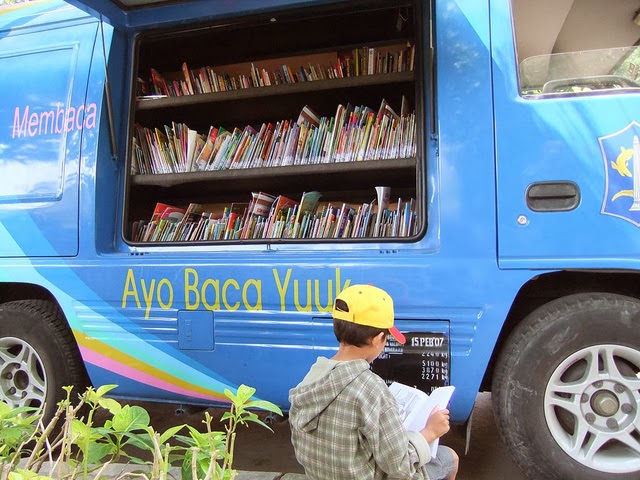(Please cross-post to all relevant listservs)
Education About Asia (EAA), now in its 19th year of publication, is the peer-reviewed teaching journal of the Association for Asian Studies. Our readers include undergraduate instructors as well as high school and middle school teachers. High school and undergraduate instructors also utilize a significant number of EAA articles as student readings. Our articles are intended for both specialists interested in teaching and for a large non-specialist audience. Qualified referees evaluate all manuscripts submitted for consideration.
We are developing a special section that will be published in spring 2015 entitled “Southeast Asia in the Humanities and Social Sciences Curricula.” We hope to publish a special section that includes articles and essays representative of a wide range of academic disciplines. Manuscripts selected for publication should be written in prose that is accessible for high school and/or undergraduate instructors and students. The number of endnotes in manuscripts should be minimal compared to more traditional scholarly journals.
Prospective authors should be aware that there is almost an even division between the percentage of our readers who are undergraduate instructors and the percentage of our readers who are secondary school teachers. We are especially appreciative of manuscripts that are potentially useful at both the undergraduate and secondary school levels. Please consult the EAAguidelines, available on the website under my signature, before submitting a manuscript for this special section. Pay particular attention to feature and teaching resources manuscript word-count ranges. Prospective authors are also encouraged to send possible manuscript ideas or any questions to me via email at l-ellington@comcast.net. The deadline for initial submission of manuscripts is November 20th 2014.
Lucien Ellington
Editor, Education About Asia
302 Pfeiffer Stagmaier Hall
University of Tennessee at Chattanooga
Chattanooga, TN 37403
Phone (423) 425-2118
e-mail: l-ellington@comcast.net
Web Site http://www.asian-studies.org/
We are developing a special section that will be published in spring 2015 entitled “Southeast Asia in the Humanities and Social Sciences Curricula.” We hope to publish a special section that includes articles and essays representative of a wide range of academic disciplines. Manuscripts selected for publication should be written in prose that is accessible for high school and/or undergraduate instructors and students. The number of endnotes in manuscripts should be minimal compared to more traditional scholarly journals.
Prospective authors should be aware that there is almost an even division between the percentage of our readers who are undergraduate instructors and the percentage of our readers who are secondary school teachers. We are especially appreciative of manuscripts that are potentially useful at both the undergraduate and secondary school levels. Please consult the EAAguidelines, available on the website under my signature, before submitting a manuscript for this special section. Pay particular attention to feature and teaching resources manuscript word-count ranges. Prospective authors are also encouraged to send possible manuscript ideas or any questions to me via email at l-ellington@comcast.net. The deadline for initial submission of manuscripts is November 20th 2014.
Lucien Ellington
Editor, Education About Asia
302 Pfeiffer Stagmaier Hall
University of Tennessee at Chattanooga
Chattanooga, TN 37403
Phone (423) 425-2118
e-mail: l-ellington@comcast.net
Web Site http://www.asian-studies.org/
